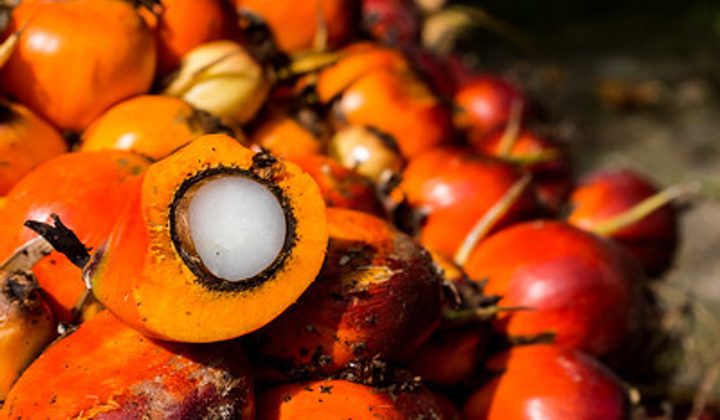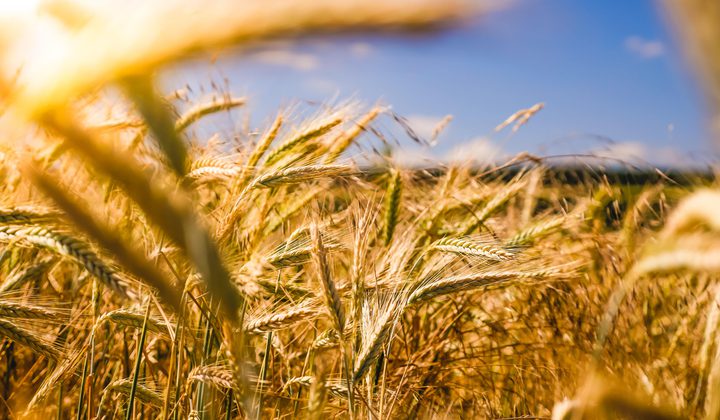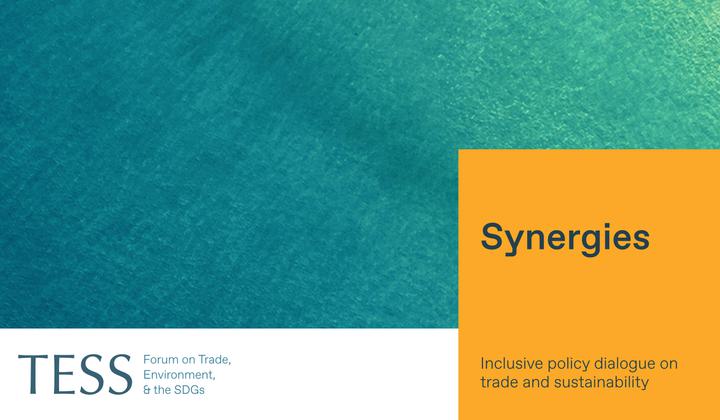As interest grows in achieving sustainability in agricultural production and trade and in promoting sustainable food systems, government subsidies to agriculture are a critical topic for attention given their impact on production and consumption patterns and the environment.
As a contribution to efforts to tackle environmentally harmful agricultural subsidies, TESS has mobilized a group of leading international experts from the trade, agriculture, environment, and sustainable development communities to identify a set of environmentally harmful subsidies for priority action at the international level and inform discussion on options for cooperative action. The overarching aim of this work is to inform ongoing discussions at the WTO and other relevant fora on environmentally harmful agricultural subsidies.
The need to tackle the environmental impact of agricultural subsidies has been re-affirmed at the highest political level globally. The Kunming-Montreal Global Biodiversity Framework, adopted during COP 15 of the Convention on Biological Diversity in December 2023, calls for addressing subsidies harmful to biodiversity in a "proportionate, just, fair, effective and equitable way" and reducing them by at least $500 billion per year by 2030, starting with the most harmful incentives. At the WTO, several members have emphasized the need to address the sustainability dimension of agriculture, both under ongoing negotiations in the Committee on Agriculture in Special Session (CoA-SS) as well as the Working Group on Subsidies of the Trade and Environmental Sustainability Structured Discussions (TESSD).
However, in the context of these discussions, defining what clearly constitutes environmentally harmful agricultural subsidies involves considerable conceptual and technical difficulties. As a contribution to these efforts, TESS has mobilized a group of leading experts on agriculture and sustainability from academia, think tanks, intergovernmental organizations, and stakeholder organizations representing a diversity of geographical origin and perspectives. This expert group has been tasked to identify a set of environmentally harmful subsidies for priority action at the international level. A final report synthesizing the group discussions will be produced aiming to reflect a collective, cooperative effort among members to contribute their expertise and experience to provide guidance to policymakers.
The overarching aim of this work will be to inform ongoing discussions at the WTO on environmentally harmful agricultural subsidies, including in the CoA-SS and TESSD initiative, and to contribute to building shared understanding among interested WTO members of what could be considered as environmentally harmful agriculture subsidies. Such a list could serve as a basis to promote an open discussion among members on possible cooperative action in this area. The expectation is that this work will also be useful to ongoing discussions in the OECD, FAO, and in the context of the Global Biodiversity Framework.



